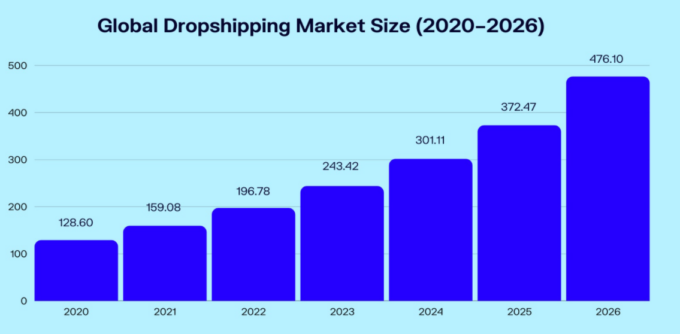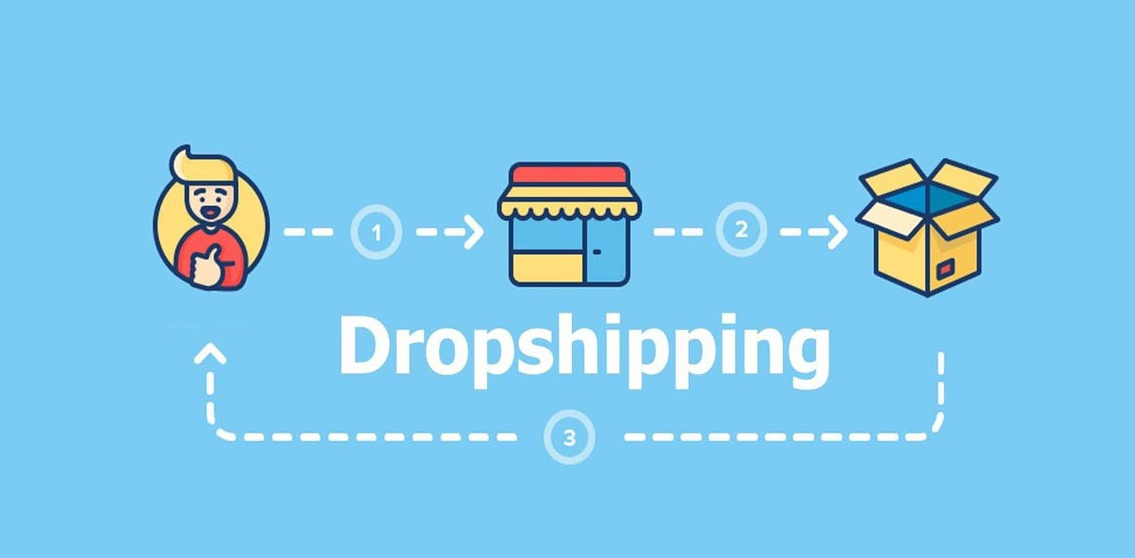As online shopping rapidly expands, the internet is seeing an influx of people trying to get their own online shops and businesses up and running. Many people are choosing to build and expand their companies using dropshipping as the main method of obtaining their products. More info can be found here
Coronavirus marked a stark increase in the amount of dropshipping businesses, but with Covid restrictions relaxing is there still as much of a need for online dropshipping companies?
Additionally, dropshipping has been facing a lot of scrutiny recently with known dropshipping platforms like Aliexpress and Wish facing considerable backlash due to their involvement in dropshipping. With such doubt being lobbied towards these companies, is now the correct time to start one’s own dropshipping business?
This article aims to explore how dropshipping is still profitable in 2024, and why the backlash certain companies are facing exists, so that further backlash can be avoided.
What Is Dropshipping?

In order to first start a dropshipping business, you must understand what dropshipping is.
Supermarket chains and online mass clothing stores like ASOS and Boohoo are examples of traditional businesses. These stores will typically buy product in a large quantity so that it is available on-demand to sell to the customer. Leftover stock that isn’t sold is what usually leads to sales to get rid of the unwanted merchandise.
These sales and leftover stock cut out through the use of dropshipping. Rather than being the ‘traditional business; and buying directly from manufacturers, dropshipping allows a business to act as a sort of ‘middle man’ in the buying process. The business will set it’s a retail price, a consumer will purchase said product, and the business will purchase the product at wholesale price from a third-party supplier; then the product will be delivered to the customer, cutting out unnecessary storage that the retailer may have had to pay for and maintain.
Is Dropshipping Ethical?
One of the main questions being asked when it comes to dropshipping is, ‘is it ethical?’ This is one of the main qualms consumers are faced with when shopping with dropshipping businesses.
The simple answer is yes, dropshipping is ethical. With every business venture, there is the chance that it can move into the morally grey area when a business starts putting extortionate prices on items simply because it can. However, as long as your company is endeavoring to keep things legal and ethical there will be no issues with starting your dropshipping journey.
Recent Backlash

Recently there has been some backlash towards some famous dropshipping platforms, such as Wish and Aliexpress. This has been due to multiple reasons.
One of which is the discrepancy between the promotional images used and what the product looks like when it arrives. There have been numerous accusations that these sites have been selling counterfeit goods to raise their profit margins.
Due to the notoriety of these platforms, they experience high traffic and high purchase rates, meaning that even when they offer sub-par products the sheer scale of the business means they are still making billions each year. However, consumer opinion towards Wish and other similar e-commerce sites has taken a massive hit in recent years. People are still wanting affordable products, but would prefer for them to also be of quality.
Another major issue that people have had is these websites have stolen creators’ images to sell their products without consent or knowledge. These sites then pass off a lower quality product as their own, using the other creator’s images as promotion. This is not only illegal but can also have negative impacts on the original seller if the products being sold by dropshippers are of lower quality – it would reflect badly on the original seller even though it’s not their actual product.
How to Avoid These Problems
The issues mentioned above are prevalent, but they are also easily avoidable. The problems people have with wish and Aliexpress are not that they are dropshipping platforms, but because of the false advertising and the illegal stealing of others’ content.
If you are ensuring the quality of the products you sell is as good as advertised, and are making sure they are up to standard, there would be no such issue with people not getting what they ordered, and the distrust facing dropshipping platforms would be greatly lessened. To build trust in your business you need to show that the products you advertise are the same ones as what will arrive when purchased.
The second issue is easy to avoid, only use your own images when advertising your products. If you use another creator’s work you may be struck with a DMCA takedown notice, which could put your business in jeopardy, so it is best to only use your images or ones you have purchased.
Dropshipping Market in 2024

Despite the issues mentioned, the dropshipping market is continuing to grow. The market value for dropshipping e-commerce is expected to almost quadruple from 2024 to 2026, showing that dropshipping is, and mostly likely will continue to be profitable for years to come.
People are still wanting and continuing to purchase from dropshipping sites, and by using the methods mentioned before one can grow their business legitimately and garner a secure consumer base.
As long as you are acting within the law and providing quality products people will come to your store and will spend their money, ensuring repeat business for you, and a safe trustworthy store for them.
Conclusion
Dropshipping is still profitable in 2024 and will continue to be going into the future. To secure your store’s longevity make sure you are acting ethically and providing good products to your customers.
With many e-commerce sites, consumers still hold preference over inexpensive items, but it is important to find a balance between cheaper items while also making sure your products are still as advertised; otherwise your business will not be held in high regard.









